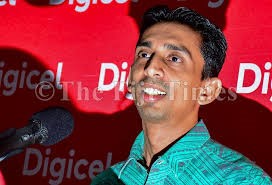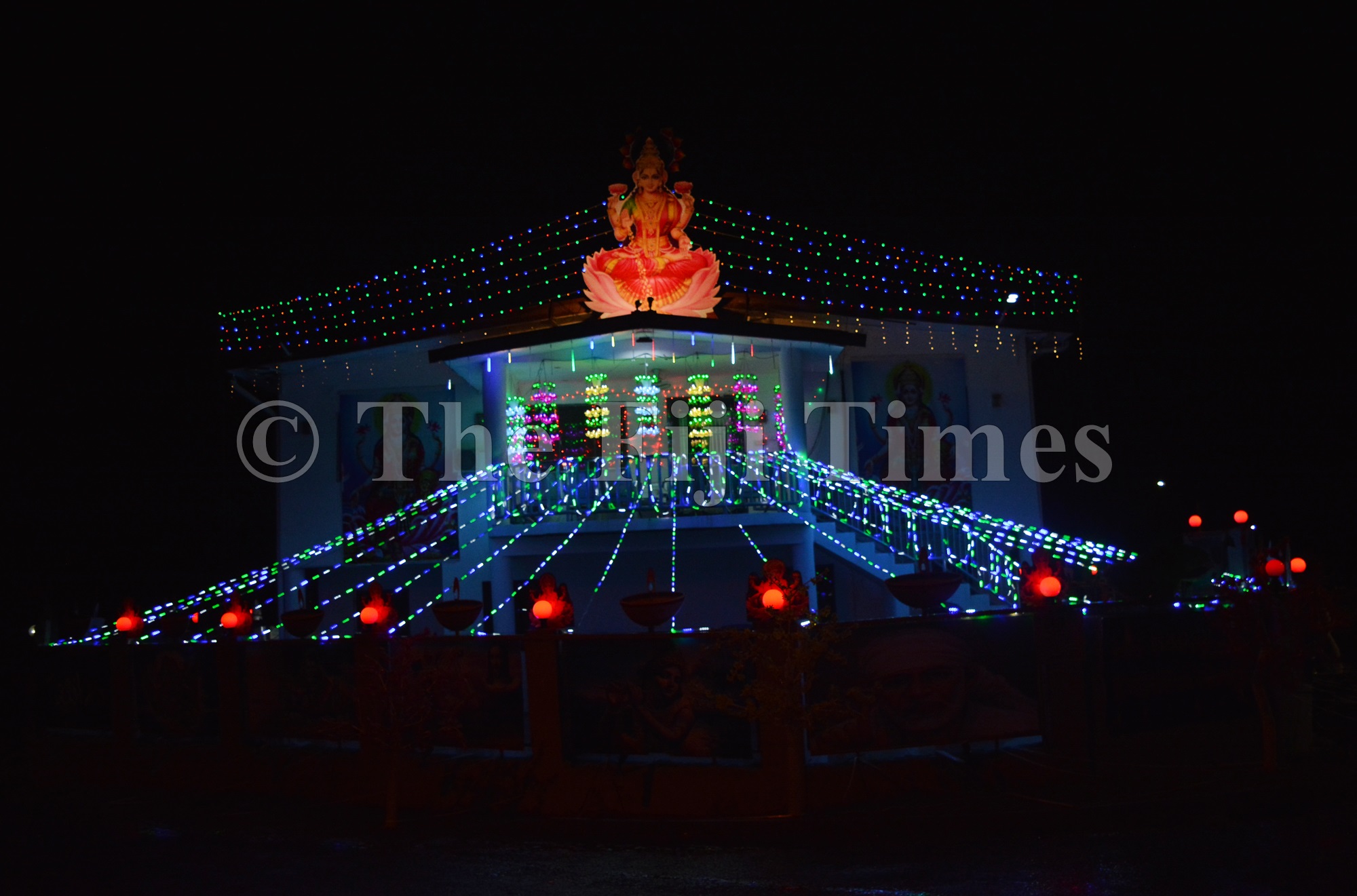THERE was once a time in Fiji’s history when convicted murderers were sentenced to death.
It happened five decades ago, with the last reported execution of a convicted murderer being carried out in 1964.
He was a young man from the Central Division who had killed his wife, child and grandfather.
That last execution sometime in September of that year still makes a person emotional and sorrowful.
It is something that has been bothering him ever since, although the last execution of a murderer in Fiji was the first one for him to officiate in.
He prayed with the prisoner on the night before the execution, then escorted him from the cell to the gallows on the day, and witnessed his death.
Last week, The Fiji Times ran part one of an exclusive interview with the man who officiated in the last execution of a convicted murderer, leading him to the gallows.
Today, we bring you part two of the interview and the last words of the convicted murderer before he was hanged until death.
IT was a Wednesday in September 1964.
Narayan, 21, was in his cell at the Suva Prison’s execution chamber.
He was counting the last few minutes left of his life.
The Supreme Court at that time had sentenced him to death by hanging.
He had killed his wife, three-month old child and 80-year-old grandfather.
It is said he committed the crimes on suspicion/allegation that his grandfather was having an affair with his wife.
The death penalty was mandatory at that time for people who committed serious offences such as murder and treason.
The execution compound at Suva Prison is said to have had been an entity of its own. It was a walled-in area with the execution chamber within it.
The execution chamber is said to have been similar to others around the world and the condemned prisoners, as they were known then, had to be hanged until death.
Knowing that a similar fate awaited him, Narayan reportedly did not show any sign of fear on execution day.
He was in his prison cell when Isoa Koroivuki, who was the principal prison officer then, went to escort him from there to the gallows.
The previous night, Mr Koroivuki, a Roman Catholic, said he was successful in persuading the prisoner to receive God’s message through Reverend David Mustapha.
On execution day, Mr Koroivuki said he was ordered by his superiors to carry out the special duty of escorting the prisoner from his cell to the execution chamber.
This, he said, had to be done after strapping the prisoner’s hands to his waist with special leather belts made for such a purpose.
Mr Koroivuki said there was no fear in the prisoner but a radiance on his face that told him and others that he had been forgiven by God.
As they walked towards the execution chamber, he said the prisoner told him that he wanted to see God and that he was ready for the execution.
Before the execution, the prisoners were asked if they wanted to say something, either their last words or message to someone.
Their heads and face were covered with a black cloth, like a balaclava, before they were hanged.
“Upon execution, any condemned man was left hanging for one hour before officials were ordered to lower him to the concrete floor below and remove the noose,” said Mr Koroivuki.
“However, after I escorted the prisoner to the execution chamber, he stood on the trapdoor and he was asked by the court sheriff if he wanted to say anything.
“The prisoner looked at the court sheriff and the other officers present and he then looked at me. He said ‘sir, I will always pray for you’.”
“Those were his last words before his head and face were covered with the black cloth.
“The court sheriff gave the nod to the executioner to carry out the court’s order by turning his thumb down.
“The executioner pushed the lever to activate the trapdoor to fall. The prisoner’s last words still rings in my ears because he said them to me.”
Mr Koroivuki said they waited for one hour after the execution and he then jumped down through the trapdoor.
He removed the noose from the prisoner’s neck and then the black cloth and carried his body outside the execution chamber.
“I re-baptised him. We had baptised him on the night before the execution after he had accepted God’s message.
“But I re-baptised him in case the first one wasn’t done properly, so that his soul could rest in peace.
“The radiance on his face when I escorted him from the cell to the execution chamber showed that he had been forgiven by God.
“After re-baptising him, we buried him outside the execution chamber just like other prisoners who were executed before him.”
Mr Koroivuki said although it was the only execution that he had officiated at, its memories still haunted him somehow, especially the prisoner’s last words.
He said there were several other executions in that execution chamber, which was new at that time, prior to the last execution in September 1964.
“It was the only one that I officiated in and it was the last time that a condemned prisoner had been executed in the country,” he said.
“After this last execution came the law at that time that anyone charged with murder is kept at St Giles Hospital for two weeks for psychiatric evaluation.
“The last prisoner to be sentenced to death for multiple murders did not have this opportunity for a psychiatric evaluation.
“But one thing that consoles me is that through the grace of God I succeeded in persuading him to receive God’s message before his execution. It wasn’t hard to persuade him.”
Mr Koroivuki was filled with emotion as he told me about his experience of interacting with the last convicted murderer to be executed in Fiji, witnessing the execution and burying the prisoner.
He said thoughts about his work at the prison always filled him with sadness and sorrow, making him emotional and teary eyed. The last execution was something new for him, especially since he had joined the HM Prisons department a few months earlier in 1964 after being promoted from the HM Customs and Excise department.
He resigned from the prisons department in 1980, saying it was because of personal reasons, and worked at other places.
Today, he is 78 years old and in a wheelchair after his leg was amputated because of severe injuries he suffered while saving someone from some drunkards several years ago.
“I know that I can die peacefully now after telling you what had been bottled up inside me for years regarding the last execution. I feel free through the grace of God,” said Mr Koroivuki.






